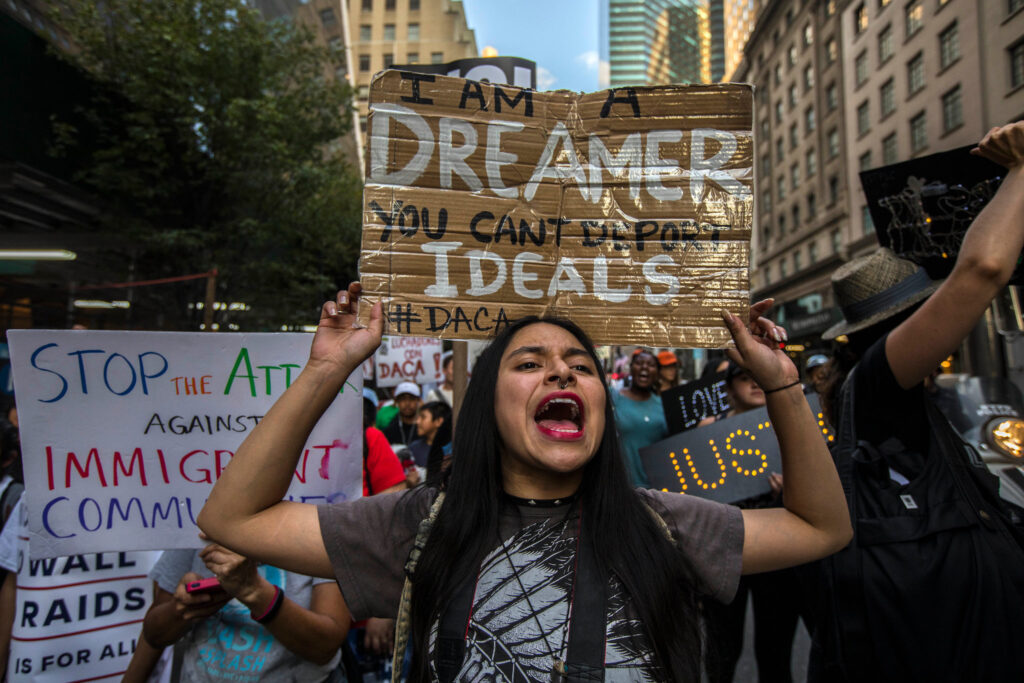
What Is DACA?
The Deferred Action for Childhood Arrivals (DACA) program has been a contentious issue in the United States since its launch in 2012. Designed to offer temporary protection from deportation to undocumented immigrants who arrived in the U.S. as children, DACA has been a vital support for nearly 800,000 individuals, enabling them to pursue education, employment, and a sense of belonging. However, DACA has also been embroiled in legal and political controversies, with recipients facing discrimination and ongoing uncertainty.
Introduced by the Obama administration as an executive action in response to Congress’s inability to pass comprehensive immigration reform, DACA allows eligible undocumented immigrants to request deferred action from deportation and secure work permits, which can be renewed every two years. To qualify, applicants must have arrived in the U.S. before age 16, be under 31 as of June 15, 2012, and have continuously lived in the U.S. since June 15, 2007.
In 2017, the Trump administration announced its intention to terminate the program, sparking a series of legal battles that led to its partial restoration. Despite this, the future of DACA remains uncertain, influenced by the changing political climate and court rulings. This unpredictability has caused anxiety and fear among DACA recipients and their families, significantly affecting their mental health and well-being.
Often referred to as Dreamers, DACA recipients have made notable contributions to U.S. society. Many have pursued higher education, found employment, and started businesses, adding billions of dollars to the economy. They play essential roles across various sectors, including healthcare and technology, enriching American communities.
Addressing Discrimination Against DACA Recipients
Combatting discrimination against DACA recipients requires a comprehensive approach. Advocacy for immigration reform that offers a pathway to citizenship for Dreamers and their families is crucial. Additionally, educational outreach programs can raise awareness about the rights and contributions of DACA recipients.
Businesses, educational institutions, and healthcare providers can adopt inclusive policies to ensure equal opportunities for all individuals, regardless of immigration status. Notably, in 2024, Discover reached a settlement of nearly $1 million in a class action lawsuit over allegations of illegal discrimination against DACA recipients.
Please be aware that your claim form will be rejected if it contains fraudulent information. By submitting your information and your sworn statement of its accuracy, you are agreeing to do so under penalty of perjury. Submitting false information not only jeopardizes your claim but also affects others who are genuinely eligible for the settlement. If you are uncertain about your eligibility for this class action settlement, please visit the class action administrator’s website for more information. Note that NoProofClassActions.org participates in the Amazon affiliate advertising program, and this post may include affiliate links, which could result in us earning a commission if you make a purchase through those links.
